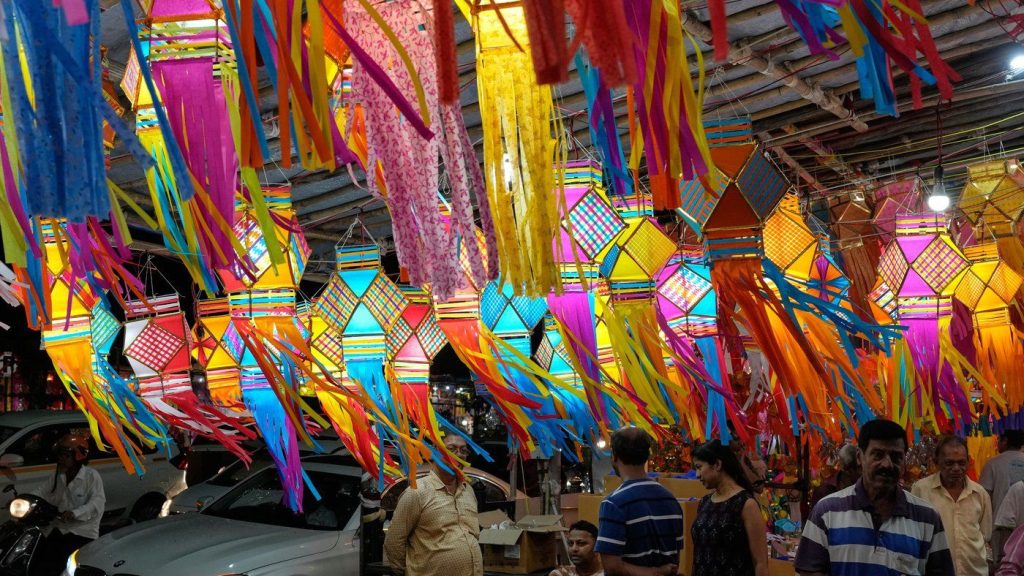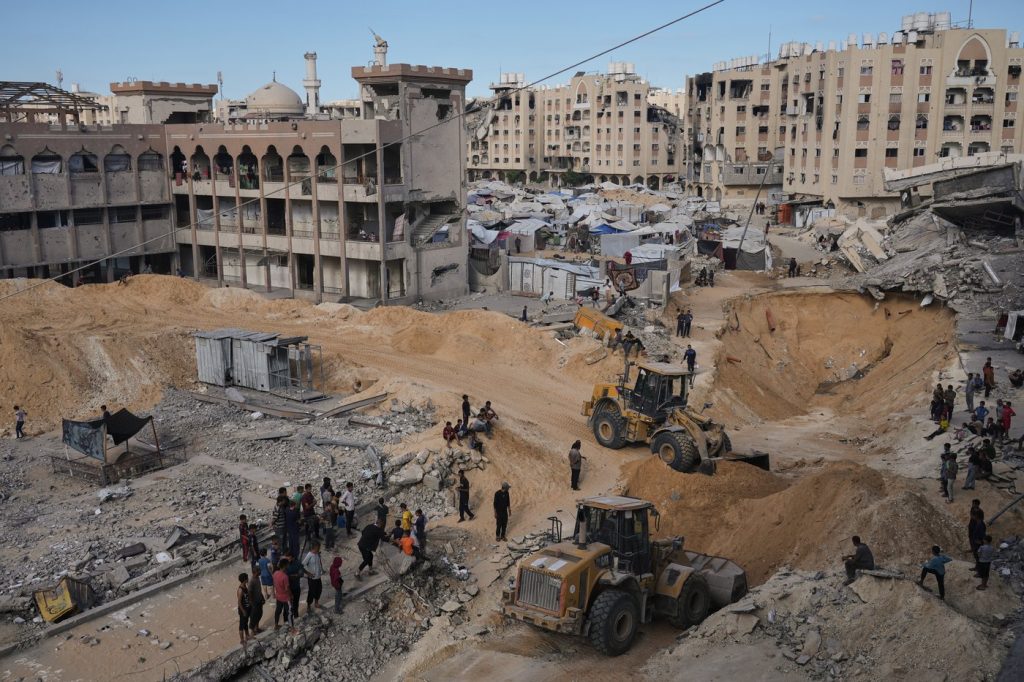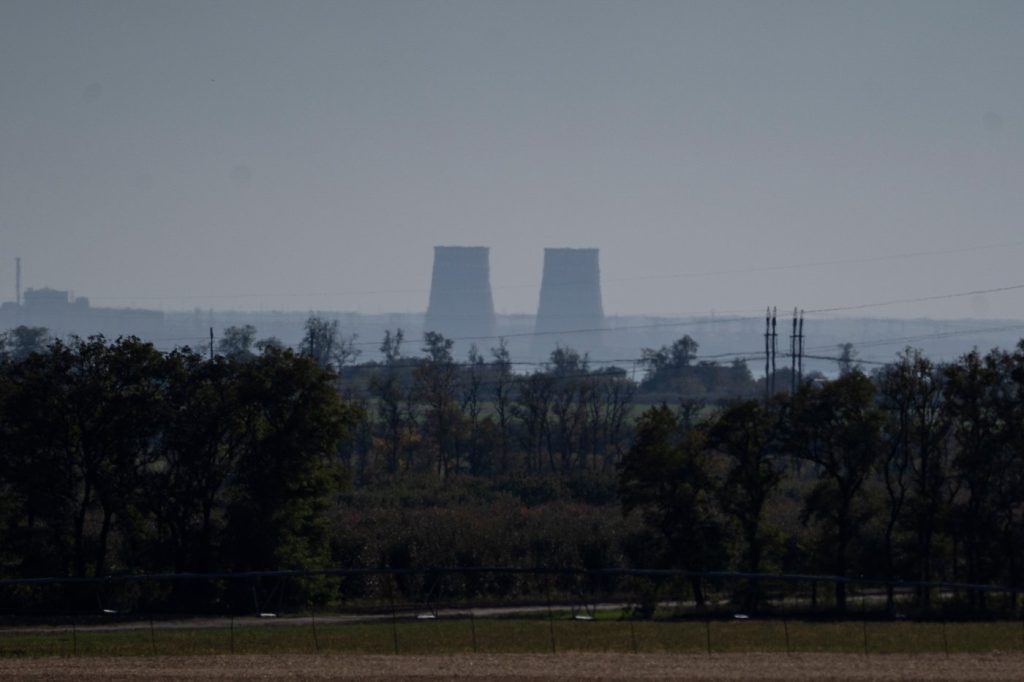Diwali, also known as Deepavali, is the most significant festival in India, particularly for Hindus. Celebrated by over a billion people across various faiths, it unfolds over five days filled with festive gatherings, fireworks displays, prayers, and feasts. The festival's name, which means "a row of lights," reflects its central theme: the triumph of light over darkness and knowledge over ignorance. Traditional clay oil lamps are lit outside homes as part of the celebration.
The timing of Diwali aligns with the Hindu lunar calendar, typically occurring in late October or early November. This year, Diwali will be celebrated on October 20. Although it principally serves as a religious observance for Hindus, Diwali is also recognized by Sikhs, Jains, and Buddhists, each group having its unique interpretation of the festival.
The diverse stories associated with Diwali share a common message: the victory of good over evil. For example, in southern India, the festival commemorates the defeat of the demon Naraka by Lord Krishna, who liberated imprisoned women and put an end to the demon's tyranny. In contrast, northern India celebrates the return of Lord Rama, his wife Sita, and brother Lakshmana after a 14-year exile in the forest, marking a significant narrative in Hindu mythology.
Whatever the regional variation, the core festivities center around lights, fireworks, feasting, new clothing, and prayer. Specific customs differ significantly from one region to another. For instance, many people in southern India take an early morning warm oil bath, symbolizing purification akin to bathing in the holy River Ganges. Conversely, in northern India, the worship of Goddess Lakshmi, who signifies wealth and prosperity, is a common practice.
An interesting aspect of Diwali is the tradition of gambling, based on the belief that those who gamble on Diwali night will enjoy prosperity throughout the coming year. Another prevalent practice is the purchase of gold on the festival's first day, known as Dhanteras, which is thought to bring good luck.
The setting off of firecrackers is also a cherished custom, alongside the exchange of sweets and gifts among friends and family. Further enhancing the celebrations are rangoli patterns, which are decorative designs created on the floor using colorful powders. Despite some northern states implementing partial or total bans on firecrackers in an effort to combat rising air pollution levels, India's Supreme Court recently permitted the sale of "green fireworks," considered to be less harmful to the environment.
In addition to the Hindu customs, Jains, Sikhs, and Buddhists each have their own unique narratives linked to Diwali. Jains commemorate this day as the moment when Lord Mahavira, their last great teacher, attained nirvana and liberation from the cycle of birth, death, and rebirth. Sikhs celebrate a day known as Bandi Chhor Divas, which coincides with Diwali, to honor the release of Guru Hargobind, a respected figure in Sikhism, who was imprisoned by the Mughal emperor Jahangir. Similarly, Buddhists acknowledge this day as the time when the Hindu Emperor Ashoka converted to Buddhism in the third century B.C.












